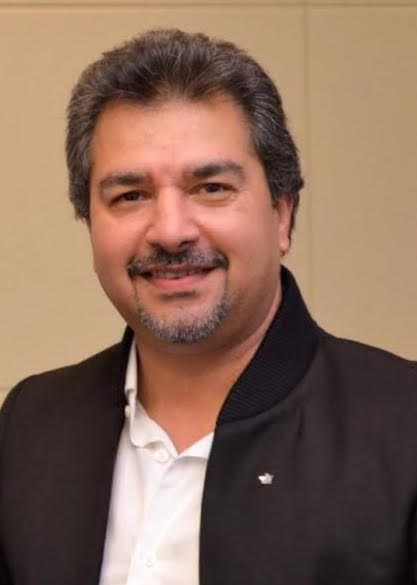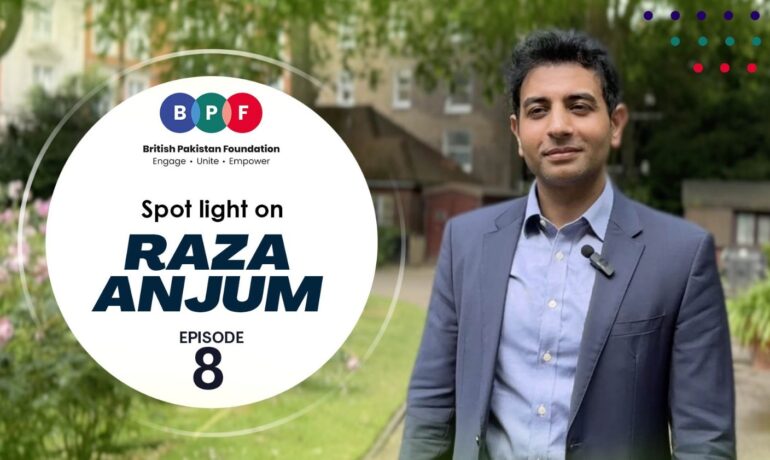Spotlight on Dr Shahid Latif
How did you get started in your career?
I graduated as a doctor in 1995 and have been working in Psychiatry since 1997. I’ve always had a keen interest in the human psych and how we operate on a day to day basis from a psychological perspective. I became a consultant in 2008 and clinical director in 2010
What is a highlight of your career?
I established early on in my career my fascination in culture and its influence on psychiatric presentations. This culminating into being elected as the National Chair for the Royal College Psychiatrists Transcultural Special Interest Group was certainly an achievement for me. Being a clinical director in the Trust I work for has also offered me opportunities to influence service developments and designs.
How do you unwind?
I try not to take work home and have been pretty much successful at it for majority of the time. My hobbies include spending quality time with family, playing 7 aside football, indoor cricket, music and photography. One of my favorite wind downs are travelling and exploring other cultures.
What does an average workday look like to you?
I live in Leicester and work in Northampton. This means a daily commute of at least 70 miles return. This offers me an opportunity to keep up to date with current affairs and listen to music. A typical day could include clinics, management meetings, supervising junior doctors and medical students, case conferences and continued professional development including research, audits attending training programmes.
What has been the greatest hurdle for you to overcome in your career?
When I started off in my career, I was aware that non-indigenous doctors needed to work twice as hard to attain consultant posts and management posts. I have found this to be unfair and have since attempted to influence a change for non-indigenous doctors so that posts are attained on merit.
What is the best thing about your job?
I am naturally an easy-going person and mostly don’t allow emotions to dictate my day to day work and decisions. This works very well in psychiatry and mental health services as one’s day-to-day functioning is influenced by emotions. It makes it easier for me to support individuals who struggle with this.
How would you describe the type of work that you do each day?
I am not a believer of prescribing medication for every mental health condition. I am an advocate in the management of one’s emotions. Most of my time in the clinic with my patients is therefore spent on this.
Being a clinical director results me spending a lot of time in meeting with NHS stakeholders.
What are your plans for the future?
I have a special interest in social media and mental health. A lot of research is required in this area and I will be spending more time on this.





Anonymous
7th October 2021 at 8:51 pm0.5